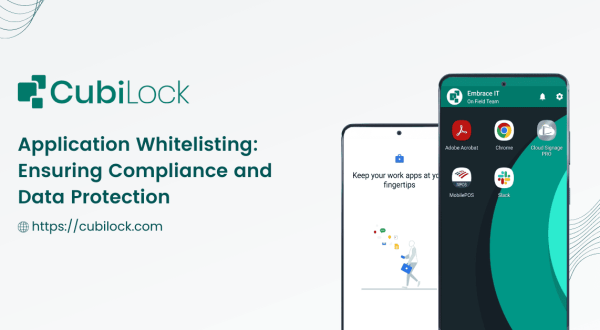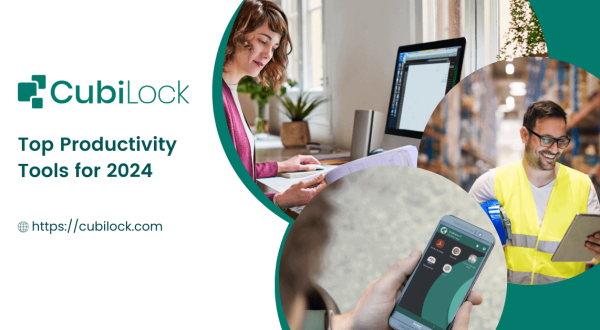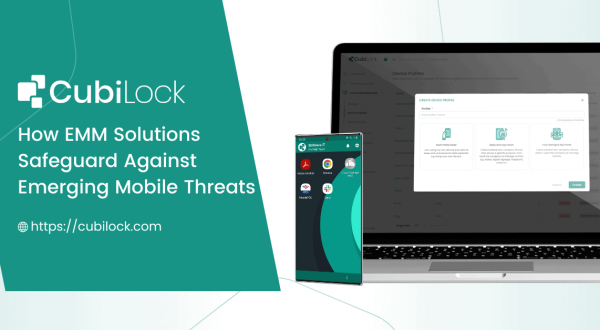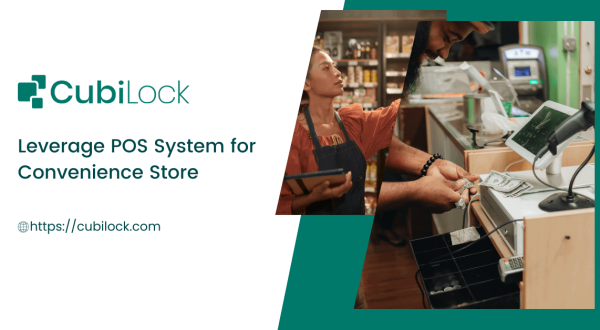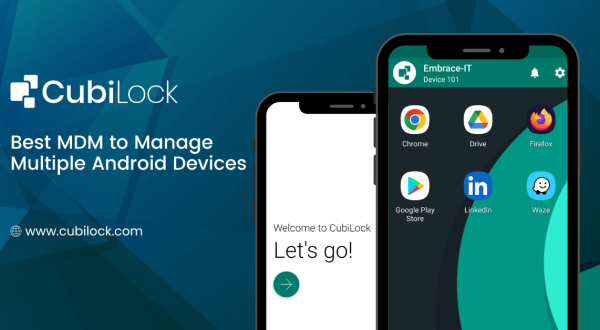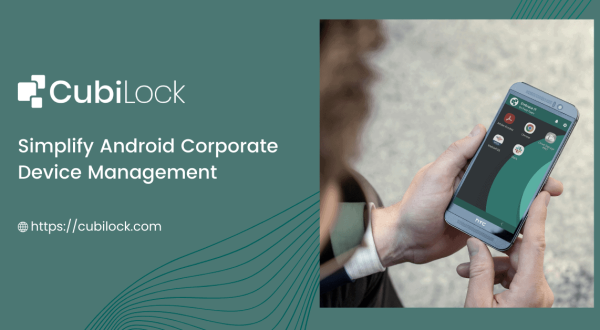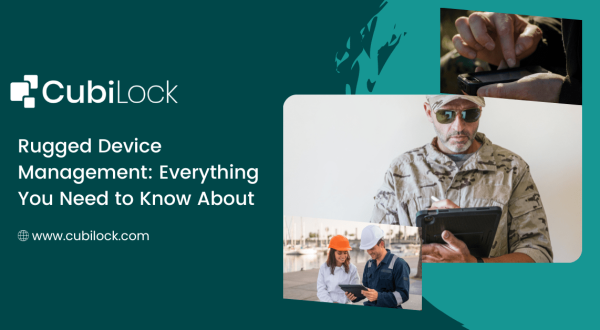Empower Non-Desk Workers with Dedicated Devices
- November 17, 2023
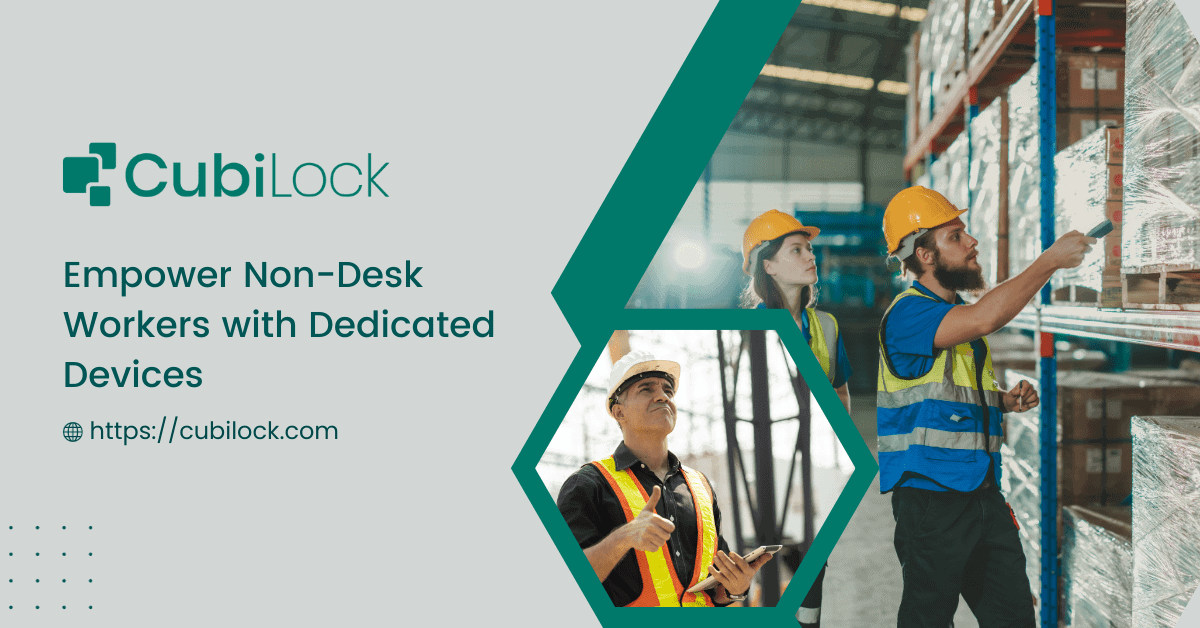
The dynamic landscape of the modern workplace has risen from traditional office settings to remote, hybrid, and non-desk workers who are equally important for the growth of an organization. Non-Desk workers such as field service technicians, healthcare professionals, retail associates, and many others, perform their duties away from a conventional desk environment. Organizations are increasingly turning to dedicated devices tailored to the specific needs of non-desk workers to optimize their productivity and connectivity.
Understanding the Non-Desk Challenges
Non-desk workers face a unique set of challenges that distinguish them from their desk-bound counterparts. These challenges include limited access to centralized communication channels, difficulty in real-time collaboration, and the need for mobility without compromising efficiency. In response to these challenges, businesses are recognizing the importance of empowering non-desk workers through the provision of dedicated devices.
Why Implement Dedicated Devices for Non-Desk Workers
Dedicated devices play a pivotal role in enhancing the efficiency and productivity of non-desk workers, offering tailored solutions to meet the unique challenges they face in their respective roles. Unlike desk-bound employees, non-desk workers, require specialized tools that empower them to perform tasks on the go. Here are several reasons why dedicated devices can be particularly beneficial for non-desk workers:
Enhanced Mobility and Flexibility
One of the primary advantages of providing dedicated devices to non-desk workers is the enhanced mobility and flexibility it affords. Unlike traditional desk jobs, where employees are tethered to a computer, non-desk workers are constantly on the move. Dedicated devices, such as rugged tablets or smartphones, enable them to carry out their tasks efficiently while staying connected to the central network. For field service technicians, having a dedicated device means instant access to work orders, customer information, and technical manuals while on-site. Healthcare professionals equipped with specialized devices can access patient records, update treatment plans, and communicate with colleagues in real time. The flexibility to work from any location not only improves efficiency but also empowers workers by providing them with the tools they need at their fingertips.
Streamlining Communication
Effective communication is the cornerstone of any successful organization. For non-desk workers, who are often dispersed across different locations, maintaining seamless communication can be challenging. Dedicated devices bridge this gap by providing a direct channel for communication between these workers and the central office.
Instant messaging, video conferencing, and collaboration tools integrated into these devices facilitate real-time communication. This is particularly crucial in scenarios where quick decision-making is essential, such as in emergency healthcare situations or on-the-spot technical problem-solving in the field. The ability to communicate efficiently enhances teamwork, reduces delays, and ultimately contributes to a more agile and responsive workforce.
Customized Applications for Industry-specific Needs
Dedicated devices for non-desk workers often come equipped with industry-specific applications tailored to their unique requirements. For example, in the retail sector, a device may include inventory management apps, point-of-sale systems, and customer relationship management tools. In contrast, field service workers might benefit from applications that help schedule appointments, track equipment maintenance, and troubleshoot technical issues.
These customized applications not only streamline workflows but also contribute to a more efficient and productive workforce. By providing tools that directly align with the tasks non-desk workers perform, organizations can ensure that their employees have access to the right information and resources at the right time. IT administrators can leverage enterprise mobility management solutions to enforce multi or single app mode, which indeed streamlines devices for work purposes.
Improved Data Security
Security is a paramount concern in the digital age, and this is no different for non-desk workers who rely on dedicated devices. These devices often have robust security features, such as biometric authentication, encrypted communication channels, and remote wipe capabilities. This not only protects sensitive company data but also ensures compliance with industry regulations and standards.
In healthcare, for instance, where patient confidentiality is sacrosanct, dedicated devices with advanced security features are imperative. Similarly, field service technicians dealing with proprietary information or critical infrastructure components must have devices that safeguard against data breaches. By investing in dedicated devices with robust security measures, organizations empower their non-desk workers to perform their duties confidently in a digitally connected environment.
Training and Onboarding
Introducing dedicated devices to non-desk workers requires a comprehensive training and onboarding process. However, once workers are familiar with the devices and their capabilities, the benefits become evident. These devices often come with intuitive interfaces, reducing the learning curve and enabling workers to quickly adapt to the new technology.
Moreover, ongoing support and training programs ensure that non-desk workers stay updated on the latest features and applications. This not only enhances their proficiency in using the devices but also fosters a culture of continuous learning within the organization.
Empowering non-desk workers with dedicated devices is a strategic imperative for organizations seeking to thrive in the contemporary business landscape. The enhanced mobility, streamlined communication, customized applications, improved data security, and effective training programs associated with these devices contribute to a more agile, connected, and productive workforce.
As the trend toward remote work and decentralized operations continues to grow, investing in dedicated devices for non-desk workers is not merely a technological advancement but a strategic decision that positively impacts the bottom line. By recognizing the unique needs of non-desk workers and providing them with the tools they need to excel, organizations can build a resilient and adaptable workforce poised for success in the digital age.
Device Security Analyst, loves testing devices that are used for dedicated purposes.

